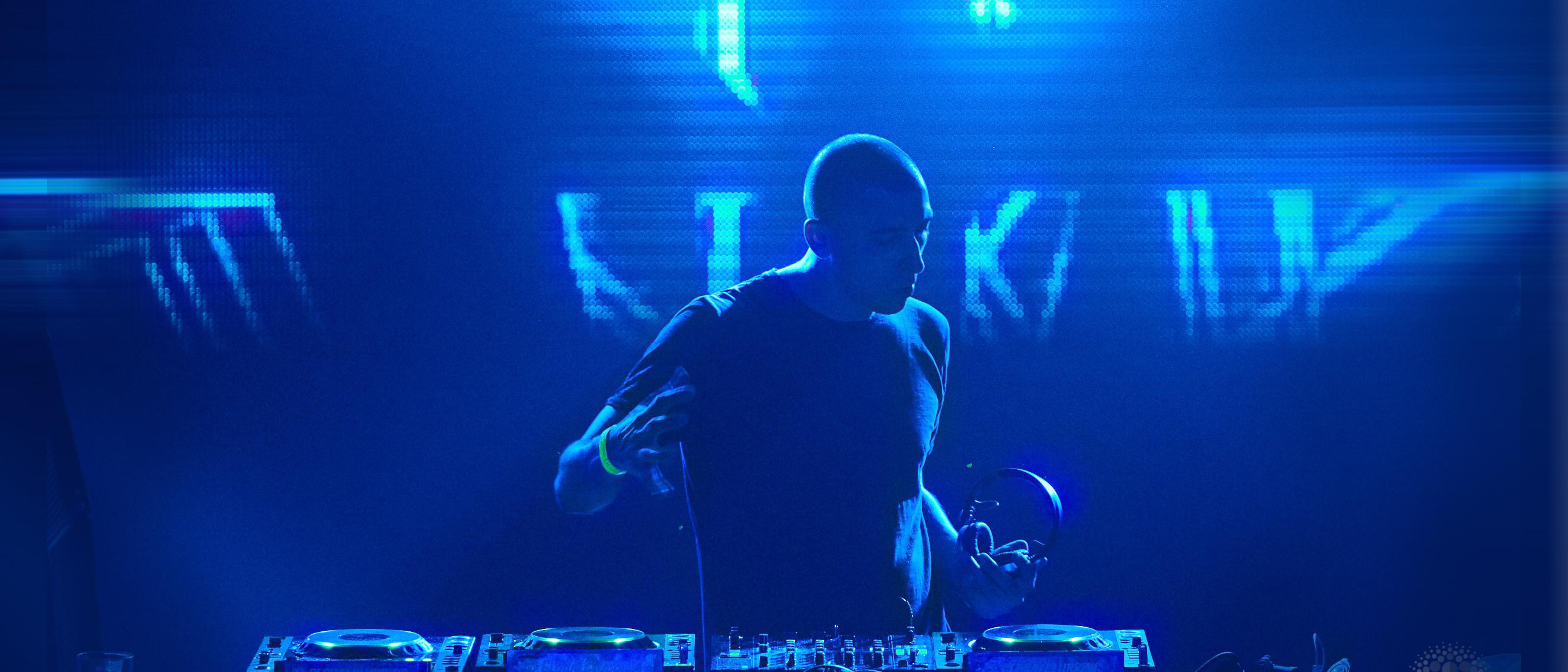
Artista:
Acerca de:
Throughout the 1990s and early 2000s, innovative U.K. alternative group Curve created a towering monolith of guitar noise, dance tracks, dark goth, and airy melodies. While Curve achieved a considerable amount of success in the U.K. and on American alternative rock radio during the early '90s, their fan base was generally limited to a cult following. However, their marriage of shoegaze guitar textures and techno beats proved to be a significant influence on countless noise pop, trip-hop, big beat, and dance-rock artists. In particular, Garbage would find much greater commercial success playing an electronic rock hybrid similar to Curve, but more accessible and pop-minded.
Curve's two core members -- guitarist Dean Garcia and vocalist Toni Halliday -- met through David Stewart of Eurythmics. Halliday met Stewart while she was a teenager and they remained friends for years; Garcia played on several Eurythmics records. The two played together in State of Play, who released one album and two singles in the late '80s to little notice. After the failure of that band, Garcia and Halliday parted ways, only to reunite at the beginning of the '90s. Renaming themselves Curve, Halliday and Garcia released three EPs that became independent hits in 1991. Although they were critically acclaimed as well, some members of the U.K. press attacked Halliday for not being a genuine member of the indie scene. Despite the negative press, their next EP and first album, 1992's Doppelgänger, hit number one on the U.K. indie charts. Pubic Fruit, a U.S.-only compilation of Curve's first three EPs, was also released in 1992.
By the time of the following year's Cuckoo, Curve had added two guitarists (Debbie Smith and Alex Mitchell) and a drummer (Steve Monti), with Garcia moving to bass. Cuckoo was noisier and more experimental than their previous releases, although it did have a couple of pop songs that were tighter than their usual singles. However, the album didn't make as big of a splash in the U.K. as previous releases; Curve split several months after its release, only to re-form in 1996 with the Pink Girl with the Blues EP. The full-length Come Clean followed in 1998 and "Coming Up Roses" became a moderate hit on college radio. Three years later, Curve issued the Internet-only Open Day at the Hate Fest. This album collected MP3s and B-sides and was a limited-edition package for eager fans awaiting a proper studio album.
After battling contractual obligations with Estupendo/Universal, Curve returned to form for 2001's Gift, their fourth album in ten years. Another self-released disc, The New Adventures of Curve, came in 2002, and a two-disc compilation titled The Way of Curve followed in 2004. In January of 2005, Halliday announced her departure from Curve, spelling the end of the band. She appeared on the Killers' 2006 Christmas single "A Great Big Sled," and later started a solo project called Chatelaine. She also guested on Orbital's 2012 soundtrack Pusher. Garcia started many post-Curve projects, most notably SPC ECO, which features his daughter, Rose Berlin. Additionally, Garcia worked with KMFDM's Sascha Konietzko and Lucia Cifarelli as KGC, with kaRIN and Statik of Collide as the Secret Meeting, and with Jo Neale as the Black Holes, among other projects. In 2010, Curve released an extensive digital compilation titled Rarities and Unreleased. In 2017, 3 Loop Music issued deluxe two-CD remastered editions of Doppelgänger and Cuckoo. ~ Stephen Thomas Erlewine & Paul Simpson, Rovi
Género:

